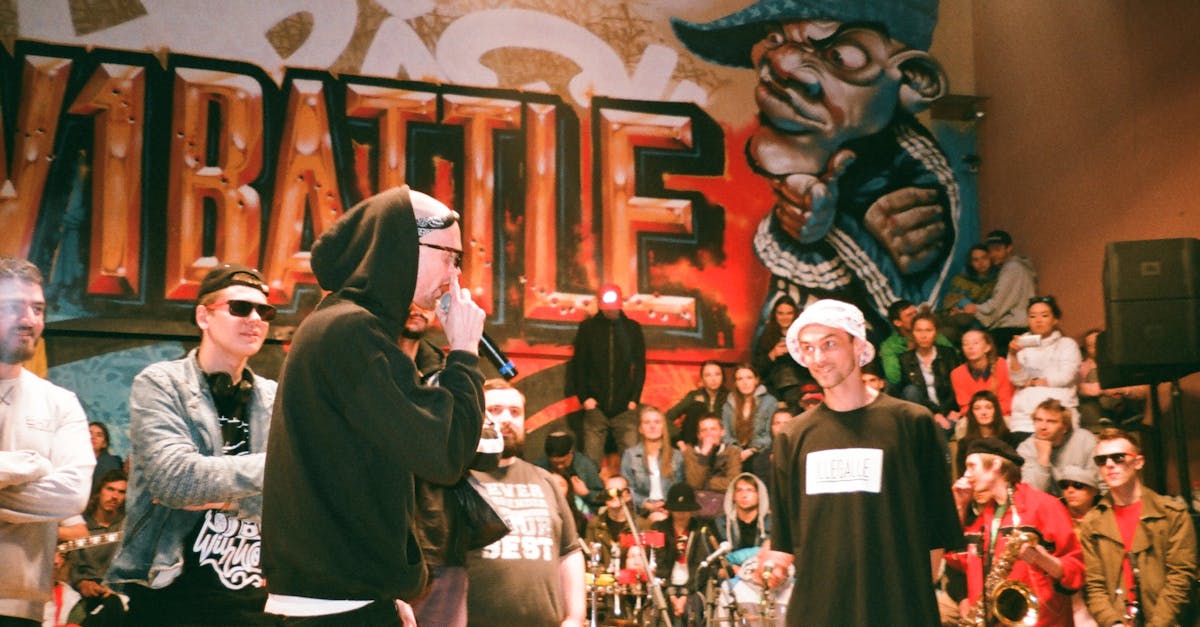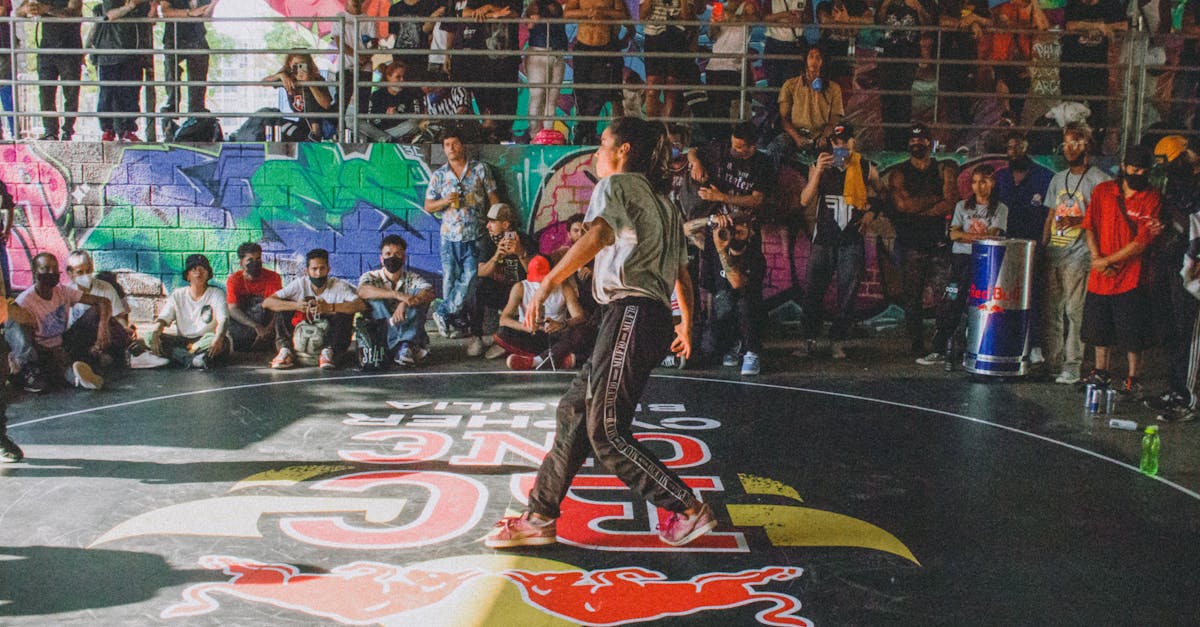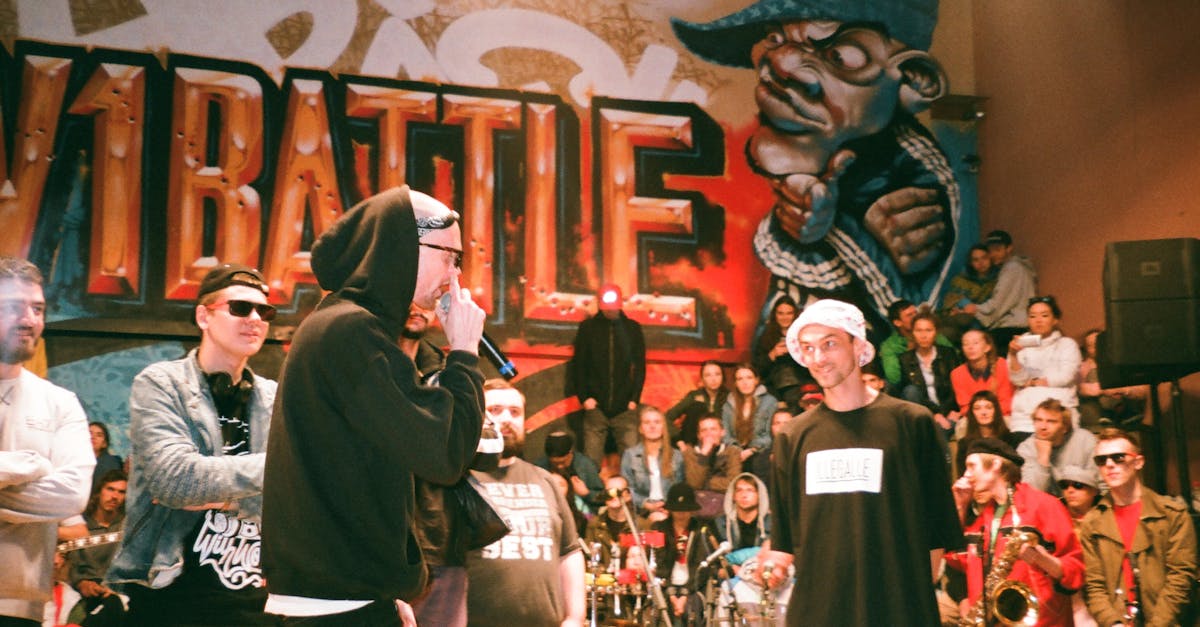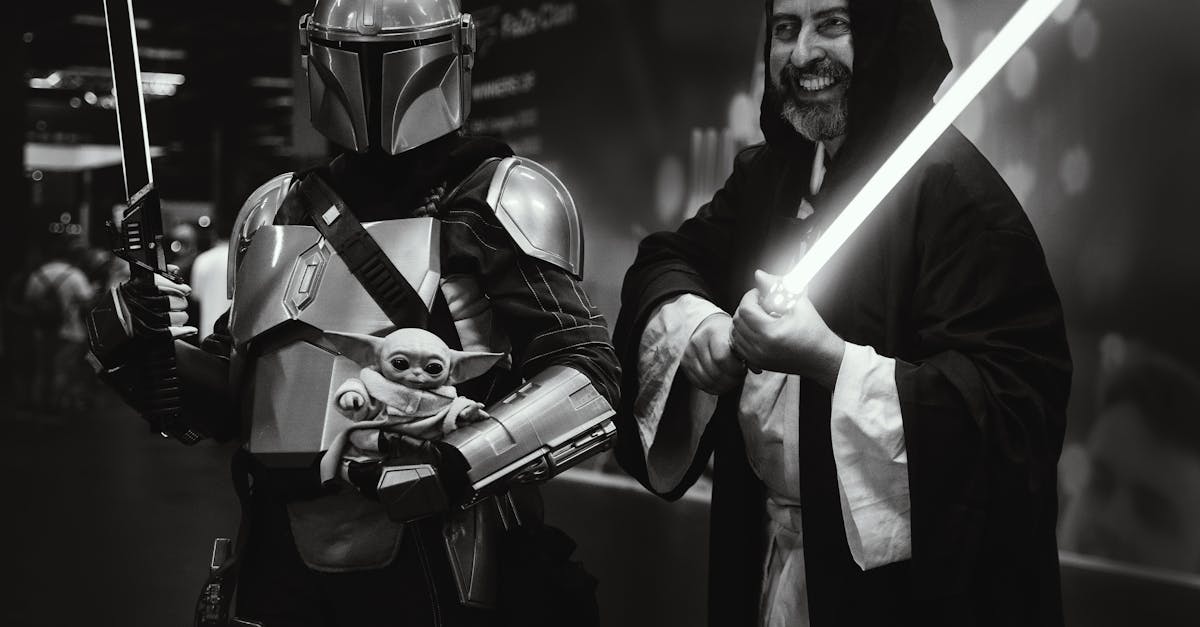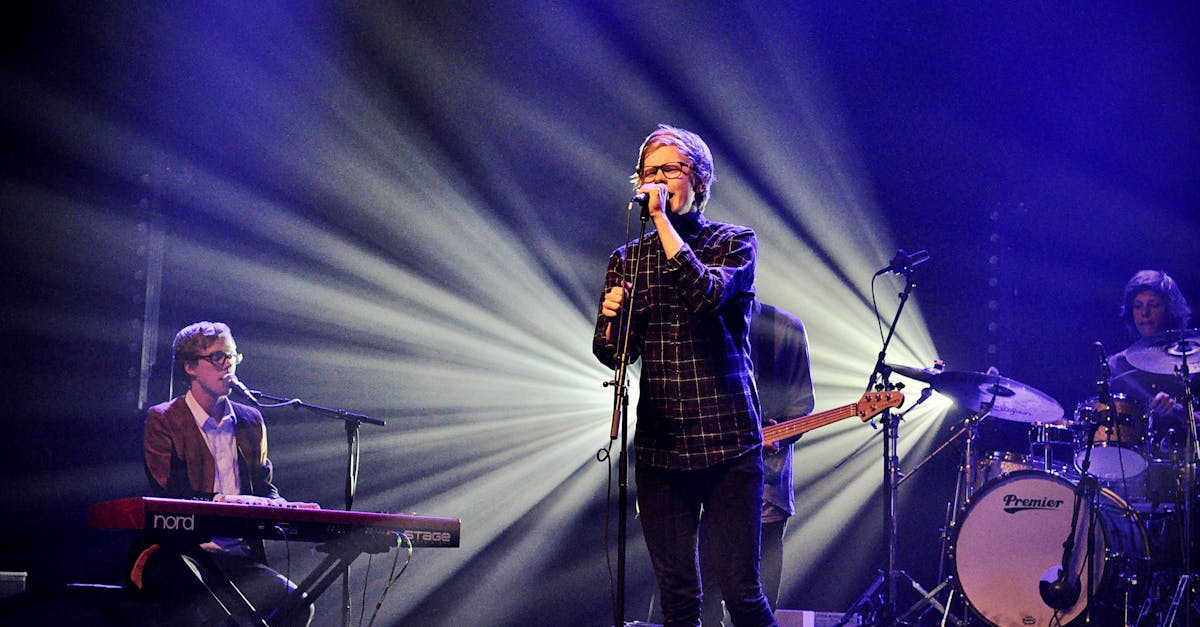Urban Groove Odyssey A Melodic Journey Through The City
Introduction
From the bustling streets of New York to the rhythmic alleys of Rio de Janeiro, music has always been deeply intertwined with urban culture. Cities are alive with sound, acting as a conduit for creativity and a melting pot for diverse musical talents. But what is it about urban environments that inspire and influence music so profoundly? Why do artists from Bob Dylan to Kendrick Lamar often find their muse in the pulsating heart of cities? This article delves into the concept of an Urban Groove Odyssey, a journey through the cityscape reflected in melodic rhythms and beats. We'll explore how street sounds blend to form the soundtrack of urban life, weaving tales of struggle, triumph, and cultural synthesis.
Advertisement
The City's Rhythm
Every metropolis pulses with its own unique beat. The ceaseless hum of traffic, the chatter of pedestrians, and the distant rhythm of construction sites collectively form the city's natural symphony. Musicians draw inspiration from these ambient sounds, using them as a backdrop for their compositions. The city's rhythm is not just a mere background noise—it's a muse that drives creativity. Throughout history, artists have turned to the urban soundscape, translating its intricate patterns into iconic melodies that capture the essence of city life.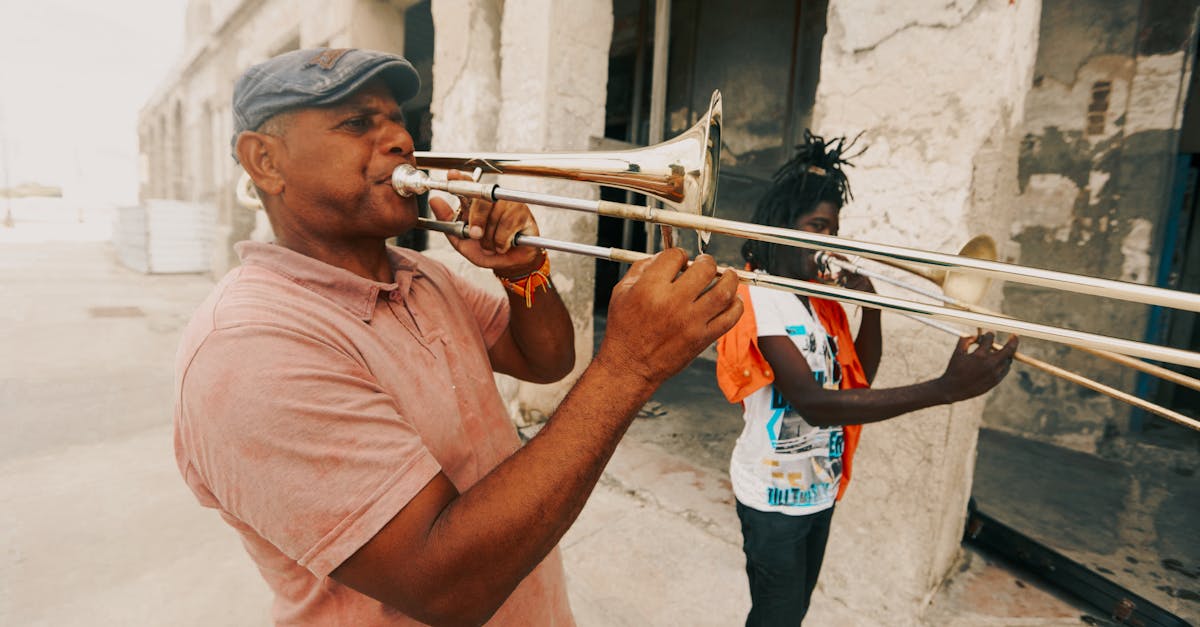
Advertisement
Influence of Cultural Diversity
Cities are melting pots where cultures converge, creating a rich tapestry of musical heritage. The fusion of various cultural influences leads to groundbreaking genres, from reggae in Kingston to hip-hop in the Bronx. In cities, traditions blend with contemporary innovations, resulting in an eclectic soundscape that constantly evolves. Music acts as a bridge between cultures, promoting interaction, understanding, and unity. The dynamic exchange of ideas and styles fosters an environment ripe for musical experimentation and creation.
Advertisement
Street Performances and Busking
Urban areas are synonymous with street performances, a vital component of the city's musical identity. Buskers, with their diverse talent and creativity, bring music to the masses daily, enlivening city corners with live performances. These musicians play a crucial role in shaping the urban sound, often serving as the first step for many budding artists. Street performances also highlight the accessibility and inclusivity of urban music, transforming public spaces into stages where anyone can become an artist, entertaining and shaping passersby’s urban groove odyssey.
Advertisement
Club Scenes and Urban Nightlife
The urban music landscape extends beyond daylight hours, thriving in the nightlife where clubs and bars serve as epicenters for musical innovation. DJs, bands, and solo artists create electrifying atmospheres with soundtracks influenced by the raw energy of city life. Such venues often witness the birth of new music genres, with live performances driving trends and nurturing local talent. The vibrant nightlife reflects a city's character, allowing music to be a powerful medium of self-expression for both performers and audiences alike.
Advertisement
Technological Influence on Urban Music
The evolution of technology has dramatically transformed the way we create, share, and consume music within urban settings. Cities, acting as technological hubs, provide musicians with access to cutting-edge tools that enhance their creative processes. Digital platforms enable artists to reach wider audiences and collaborate virtually without constraints. Moreover, the integration of technology in music creation allows for innovative sounds, merging electronic beats with traditional instruments to create entirely new genres that reflect the modern urban experience.
Advertisement
Music Festivals and Urban Gatherings
Renowned urban music festivals, like Coachella and Glastonbury, draw thousands of enthusiasts every year, celebrating the diversity and creativity of the modern music scene. Such gatherings are cultural meccas, showcasing talents from various backgrounds and promoting artistic collaboration. They serve as platforms for emerging artists, offering exposure and connection within the urban arts community. These festivals exemplify the power of music to unite people, providing an immersive experience for attendees and reinforcing the influence of urban settings on musical expression.
Advertisement
Urban Music as a Tool for Social Change
In cities, music often serves as a powerful tool for social commentary and change. Artists use their platform to address issues like inequality, discrimination, and environmental concerns. Songs become anthems for movements, inspiring collective action and creating awareness. Cities such as Detroit and Los Angeles have been at the forefront of musical movements that drive societal change. This tradition of storytelling through music continues to empower communities, demonstrating the potential of urban music to instigate change and inspire future generations.
Advertisement
Global Influence of Urban Music
The impact of urban music extends far beyond city limits, influencing global musical trends and cultures. Cities are often trendsetters, with musical influences radiating outward to affect the international music scene. The exchange between different urban centers results in a more diverse and interconnected global sound. This synergy promotes cross-cultural collaboration, enriching the musical landscape worldwide. As cities continue to grow and evolve, so too will their influence on music, fostering talents and genres that reflect our changing world.
Advertisement
Conclusion
Urban Groove Odyssey offers a fascinating look at how city rhythms shape the world of music. From vibrant street performances to influential club scenes, cities provide rich soundscapes for artistic expression. The fusion of cultural diversity and technological innovation continually molds the urban music landscape. Festivals and movements symbolizing change highlight the music's role as a catalyst for societal evolution. Cities have forever been, and will continue to be, the heart and soul of musical creation, reflecting the dynamic tapestry of human life.
Advertisement
